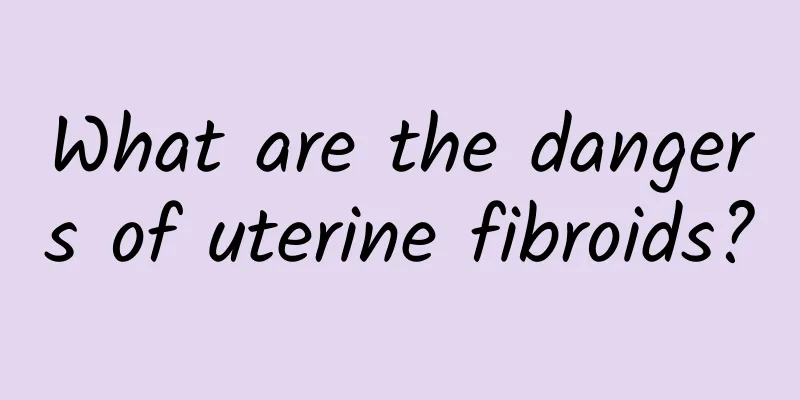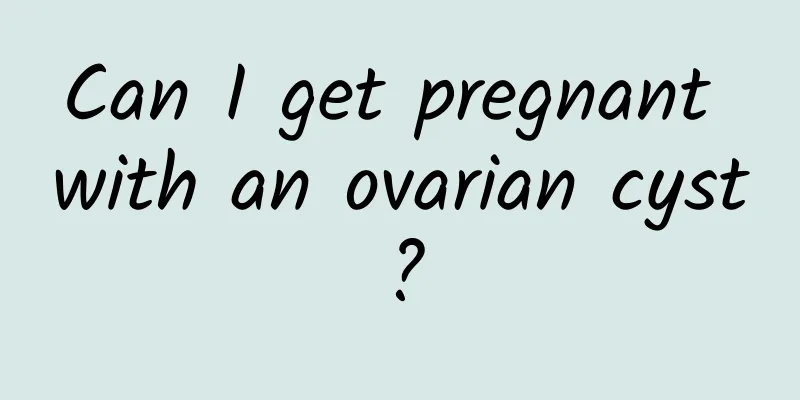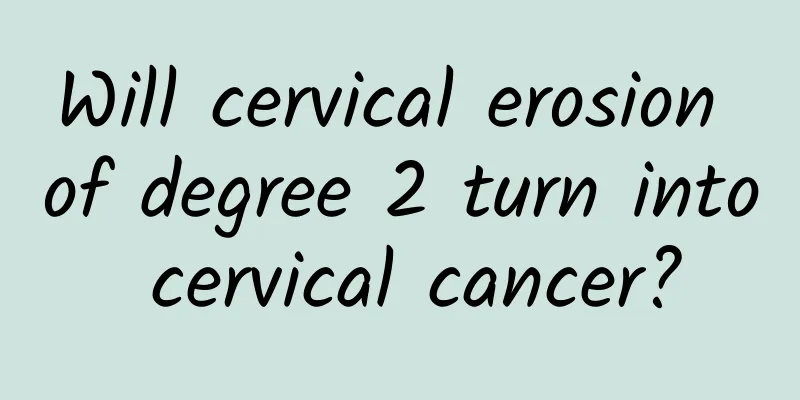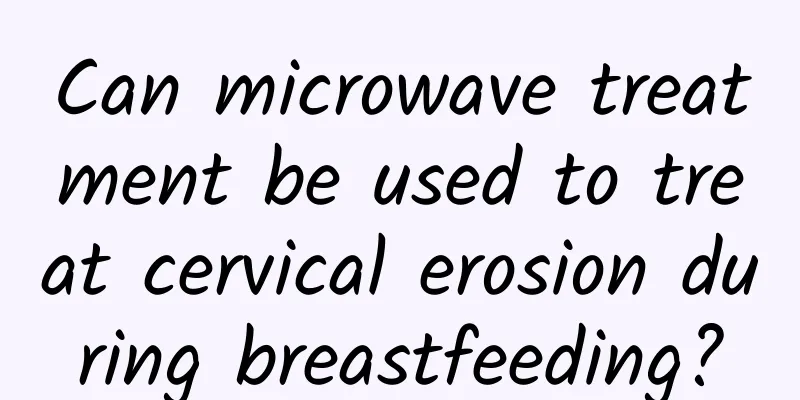What should patients with uterine fibroid surgery eat? Dietary care methods for uterine fibroids
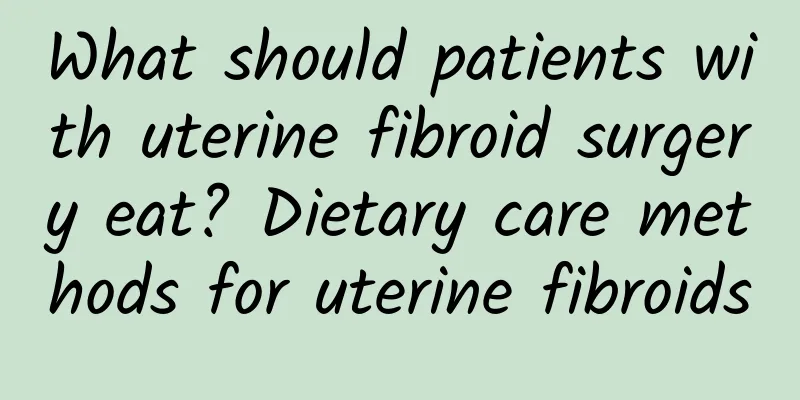
|
Uterine fibroids are the most common benign tumors of the female genitalia. Different types of uterine fibroids may present clinical manifestations such as menorrhagia, lower abdominal mass or dysuria. So, what should patients undergoing uterine fibroid surgery read about in terms of diet? Uterine fibroids are mostly multiple, with four types of location distribution: myometrium accounts for about 60-70%. Serosa accounts for 20%; mucosa accounts for 10%. Cervical fibroids are rare. Multiple uterine fibroids are benign, with a low rate of malignant transformation, about 0.50, and are more common in the elderly. Since each patient's condition and constitution are different, the dietary principles cannot be generalized. For the elderly and weak, they should eat more liquid and semi-liquid foods to promote digestion, such as lotus root powder, orange juice, etc., or choose lean meat or fresh fish to cook soup, which can not only ensure nutrition, but also increase appetite and make the patient recover quickly. If the patient is malnourished and the general diet cannot meet the nutritional needs, some high-energy comprehensive nutritional preparations can be taken orally to improve malnutrition. Eating should not be too early. Generally speaking, start drinking a small amount of water after anal gas. If there is no discomfort, you can eat liquid food such as rice soup and vegetable soup, and gradually transition to soft food and ordinary food. Dietary considerations for patients with uterine fibroids: 1. Avoid consuming irritating foods and drinks, such as alcohol and white wine. 2. Avoid eating foods that are hot, blood-clotting, or contain hormones, such as longan, red dates, donkey-hide gelatin, and royal jelly. Eat a light diet and avoid eating irritating foods such as mutton, shrimp, crab, eel, salted fish, and black fish. 4. Eat more lean meat, chicken, eggs, quail eggs, crucian carp, turtle, white fish, cabbage, asparagus, celery, spinach, cucumber, winter melon, mushrooms, tofu, kelp, seaweed, fruits, etc. Uterine fibroids are not terrible. Patients should have enough confidence to face it and adhere to treatment. They can take symptomatic medication under the guidance of a doctor. |
<<: How to perform uterine fibroid surgery? Detailed explanation of uterine fibroid surgery
Recommend
Adenomyosis can be cured
Adenomyosis is a diffuse or localized lesion caus...
Summer dietary taboos: excess or deficiency may cause health problems
As the temperature soars in the summer, the appet...
Body Sculpting Tutorial - Three Must-Learn Tips to Lose Belly Fat (Part 1)
When putting on pants, do you often encounter the...
What are the things that must be done before abortion?
Many people choose to have an abortion after an u...
What causes chocolate cysts?
Chocolate cysts may be caused by physiological fa...
Female syncope and shock may be symptoms of ectopic pregnancy
The symptoms of ectopic pregnancy are very danger...
Briefly explain what is Gardnerella vaginitis
Gardnerella vaginitis is a relatively serious dis...
How is primary dysmenorrhea diagnosed?
What is primary dysmenorrhea? How is primary dysm...
Experts introduce two treatment methods for ectopic pregnancy
There are many treatments for ectopic pregnancy, ...
Analysis of medication issues after abortion
After an unexpected pregnancy, many female friend...
Factors affecting the cost of treatment of cervical erosion
The cost of treating cervical erosion is a matter...
What foods should not be eaten for endometrial tuberculosis
Endometrial tuberculosis is very harmful to women...
Life details may indicate cervical erosion
Early symptoms of cervical erosion are often igno...
Patients with vulvar leukoplakia should understand their care methods
Vulvar leukoplakia is a very harmful disease. Onc...
Will menstruation occur if the abortion is not clean? Women should pay attention to vaginal bleeding
If heavy bleeding occurs after medical abortion a...
